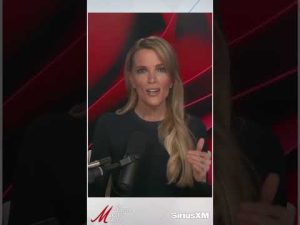In yet another episode of the modern dating saga, a young woman decided that a difference in political opinion was enough reason to end her relationship with her boyfriend. After five months of dating, she discovered that her boyfriend was a Republican, an unforgivable sin in her book. To many, her story might sound like a humorous tale of young romance gone awry, but it reveals a deeper cultural divide that has been simmering under the surface.
It seems she was blindsided by the shocking revelation of her boyfriend’s political leanings. Her friends, all of whom share her very liberal views, were the ones who tipped her off. She, who proudly declares her allegiance to progressive causes, felt the need to confront her boyfriend on his Republican stance. She wanted to know what made him economically Republican and tried to deliver a lecture on why she believed he was wrong. One has to wonder, does she ever entertain the idea of respectful discourse, or is it all about one-sided narratives?
During what must have been an interesting conversation, she dismissed the validity of his sources, calling them the ramblings of unreliable friends. One can’t help but chuckle at the predictable stereotyping, which seems to fly in the face of the very inclusion and tolerance she claims to champion. She insisted that if only her boyfriend did the research on his own, he might come to see the error of his ways and embrace the right perspectives—namely, hers.
Her boyfriend’s response to her ultimatum was refreshingly simple. He claimed he had better things to do than wade through partisan research in his free time. While his reaction might be considered flippant, perhaps there’s wisdom in focusing energy on pursuits that matter more to one’s personal life than endless political debates. His dismissal of her demand was a bold statement in its own right, a reminder that sometimes the heart wants what it wants without being shepherded into ideological straitjackets.
Ultimately, she broke up with him for his refusal to engage in what she undoubtedly considered an educational journey. The real lesson here, however, may lie in the notion that tolerance doesn’t mean accepting only those who think exactly as we do. Her story is a textbook example of how narrow-mindedness can masquerade as progressivism, leaving one to question if true inclusivity is still possible in a world that seems to be increasingly polarized. Without a doubt, reinforcing our core values and beliefs while maintaining an open mind has never felt more important.







